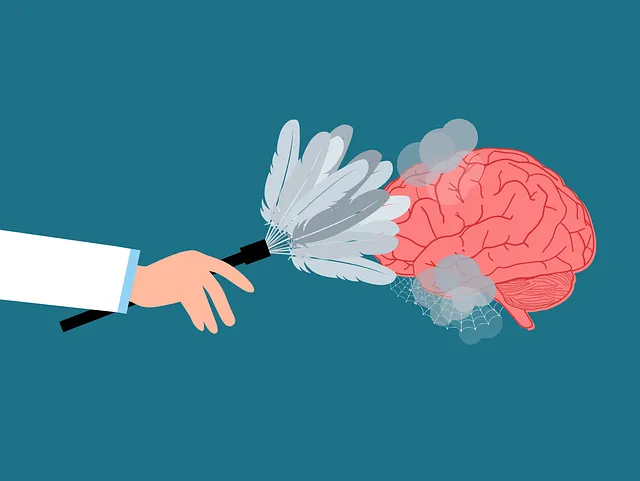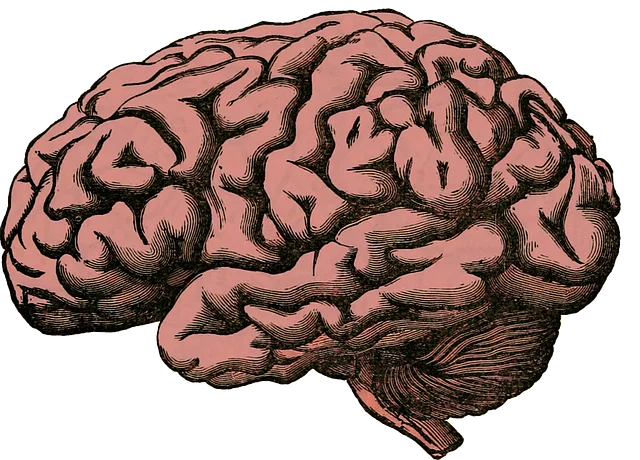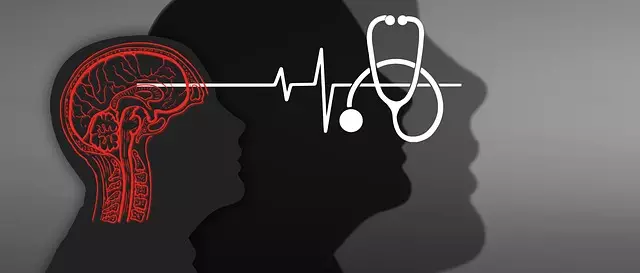Kaiser's inpatient mental health services in the Golden State offer comprehensive care through advanced tools, specialized teams, and evidence-based practices. They address diagnosis complexity by incorporating innovative programs like compassion cultivation and structured assessments, ensuring tailored treatments for diverse patient populations. Their focus on precision, holistic care, and patient-centered approaches enhances accurate diagnoses, improves outcomes, and reduces stigma, making Kaiser a leader in mental health management.
Mental illness diagnosis accuracy is a critical aspect of patient care, with significant implications for treatment outcomes. This article explores efforts to enhance diagnosis precision, focusing on the current state and future directions. We delve into the challenges faced in identifying mental health conditions, examining Kaiser’s inpatient mental health services as a case study. By comparing these services against the golden standard of effective diagnosis tools, we discuss strategies to improve care, emphasizing a patient-centered approach.
- Understanding Mental Health Diagnosis: The Current Landscape
- Kaiser's Inpatient Mental Health Services: A Closer Look
- Enhancing Diagnosis Accuracy: Challenges and Strategies
- Golden Standard: Defining Effective Diagnosis Tools
- Improving Care: Future Directions and Patient-Centered Approach
Understanding Mental Health Diagnosis: The Current Landscape

Mental health diagnosis has come a long way, but challenges remain in ensuring accuracy and effectiveness. Today, organizations like Kaiser are recognized for their comprehensive approaches to inpatient mental health care, utilizing advanced assessment tools and specialized teams. However, the current landscape is complex, with diverse patient populations presenting unique symptoms and comorbidities. This complexity is further exacerbated by the subjective nature of mental health assessments, where cultural nuances, personal experiences, and subtle cues can significantly influence diagnosis.
The industry’s focus on improving accuracy revolves around integrating innovative practices, such as evidence-based therapies and risk management planning for mental health professionals. Additionally, compassion cultivation practices and inner strength development programs are gaining traction, not only to enhance patient outcomes but also to support the well-being of healthcare providers themselves. These efforts collectively aim to create a more nuanced and empathetic environment, where mental health diagnosis becomes an art refined through experience, research, and a deep understanding of human resilience.
Kaiser's Inpatient Mental Health Services: A Closer Look

Kaiser’s Inpatient Mental Health Services offer a comprehensive approach to addressing severe mental health crises. With a focus on both acute care and long-term recovery, these services aim to improve diagnosis accuracy and patient outcomes. The program incorporates evidence-based practices, including structured assessments and individualized treatment plans, to ensure patients receive the most effective care possible.
In addition to traditional therapeutic interventions, Kaiser invests in innovative initiatives like Mental Health Education Programs designed to empower both patients and caregivers. Encouraging mental wellness through journaling exercises and coaching programs development fosters self-awareness and resilience. This multi-faceted approach not only enhances diagnosis accuracy but also promotes overall mental wellness, reflecting Kaiser’s commitment to transforming lives across the golden state.
Enhancing Diagnosis Accuracy: Challenges and Strategies

Mental illness diagnosis accuracy is a complex issue that requires a multifaceted approach. One significant challenge lies in the subjective nature of symptoms, which can vary greatly among individuals and even change over time. This variability makes it difficult for healthcare providers to reach consistent and reliable diagnoses. To address this, organizations like Kaiser Permanente have implemented innovative strategies, such as integrating Mind Over Matter principles into patient care, to foster a more holistic understanding of mental health. These principles emphasize the interconnectedness of mind, body, and environment in the diagnosis and treatment process.
Furthermore, burnout prevention strategies for healthcare providers are crucial in enhancing diagnosis accuracy. Burnout can lead to decreased empathy, impaired judgment, and reduced motivation, all of which negatively impact diagnostic skills. To combat this, healthcare facilities should prioritize conflict resolution techniques that promote open communication, reduce stress, and enhance teamwork among staff. By combining these approaches with ongoing training and access to specialized resources, such as inpatient mental health services at Kaiser, the accuracy and reliability of mental illness diagnoses can be significantly improved.
Golden Standard: Defining Effective Diagnosis Tools

The quest for accurate mental illness diagnosis is a complex endeavor, one that requires robust tools and standards. When discussing effective diagnosis methods, the “Golden Standard” refers to assessment tools recognized for their reliability, validity, and ability to accurately capture the nuances of various mental health conditions. Organizations like Kaiser Permanente, with its comprehensive inpatient mental health services, plays a vital role in this landscape by utilizing evidence-based diagnostic criteria and tools that align with the Golden Standard.
By embracing these standards, healthcare providers ensure that diagnoses are not only accurate but also form the basis for effective treatment planning. Mental Health Awareness is significantly advanced when diagnosis becomes more precise, enabling better emotional regulation and ultimately preventing burnout among both patients and care providers. This focus on accurate diagnosis is a cornerstone in addressing the complex needs of individuals struggling with mental health challenges.
Improving Care: Future Directions and Patient-Centered Approach

Improving mental health care is a multifaceted endeavor, and one promising avenue is adopting a patient-centered approach. This strategy recognizes that every individual’s experience with mental illness is unique, necessitating tailored treatment plans. By shifting focus from standardized diagnoses to personalized care, healthcare providers can better address the complex needs of patients, especially those in inpatient settings like the Golden facilities managed by Kaiser.
A key component of this shift involves enhancing communication and collaboration between patients, caregivers, and mental health professionals. Encouraging open dialogue allows for a deeper understanding of individual experiences and preferences, fostering an environment where self-care routines can be developed and reinforced. Public Awareness Campaigns focused on destigmatizing mental illness and promoting positive thinking can also play a significant role in encouraging individuals to seek help early and support their long-term well-being.
Mental illness diagnosis accuracy is a multifaceted challenge, with significant implications for patient care. As discussed, Kaiser’s inpatient mental health services offer valuable insights into current practices and potential areas of improvement. By understanding the complexities of diagnosis, leveraging advanced tools, and adopting a patient-centered approach, we can enhance diagnostic accuracy and ultimately improve treatment outcomes. The quest for the “golden standard” in diagnosis tools remains crucial, promising a brighter future for those navigating mental health challenges.






